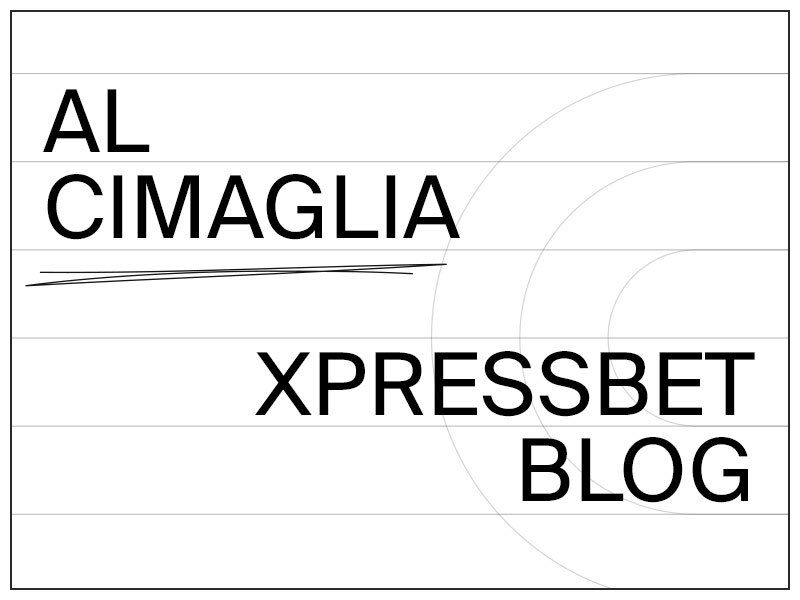by Al Cimaglia
May 24, 2018

The thought of legalized sports betting helping to boost the popularity of horse racing is an interesting notion. The last couple of weeks there have been many ideas floated around concerning on how racing can benefit. Seemingly what has been entirely overlooked is the fact race tracks are risk adverse. To think they will want to change and be at risk in the new world of legalized bookmaking is only correct by a matter of degree.
Right now, a track operators event risk is basically a minus show pool, which they can limit by not taking the wager. Event risk, like Las Vegas casinos have experienced all season by taking action on the NHL's Vegas Knights is not what a race track operator understands. There is some big-ticket liability out there for many Vegas sports books if the Knights win the Stanley Cup. Beyond future bets at 500-1 that could be cashed is the fact sports books have been hammered most of the season by locals betting on their favorite team.
Parlaying horses with a sports team, fixed odds horse betting, in race wagers and almost every other idea that has been tossed around involves assuming risk. As much as the new world of legalized betting excites me, we are a long way off from race tracks risking their own money to breath life into horse racing. By a long way off, like the odds of Kim Jong-un completely dismantling his nuclear arsenal within the next few months being a shorter price.
Harness racing and horse racing in general needs to stand on its own and try to capture a share of new gambling participants. In the past harness racing has benefited by subsidies from other forms of gambling like slot machine revenue. Racing also has been subsidized by state governments but now is the time to not depend on handouts. There will be more competition for gambling dollars and to flourish racing needs to find its own way.
There have been estimates the profit margin for casino sports betting is in the 3%-7% range. In context one must realize sports books are handling a large amount of action which can somewhat insulate the casinos against taking big losses. What helps insure they live to fight another day and aren't destroyed by one event going sideways is their ability to manage risk.
If I owned a race track, my choice for the first five years or so would be partnering with an experienced casino operator. I would hire risk managers to also be on site. But as far making the lines and balancing the risk from game to game the experience of a Vegas casino would be a welcomed safety net.
Partnering would mean smaller profits but most important less risk. In that way costs for marketing and technology would be more easily absorbed. Once exposure is limited additional risk can be taken with new wagers and someday they may benefit horse racing. For example, live in-game betting has caught on and that could keep people at the track or at off-track betting parlors for a longer period of time. The benefit for racing could be more dollars wagered on horses.
What the gambling landscape will look like within the next 12-24 months is anyone's guess. What's a certainty is horse racing should not rely on handouts and those trying to predict the future shouldn't underestimate the risk.
Check me out on Twitter, @AlCimaglia.